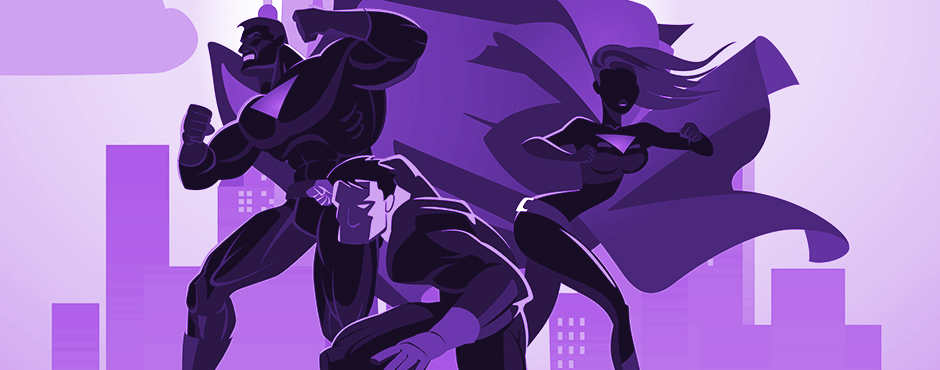Earlier this week, I focused on you being the multi-tasking maestro as the business or team leader. It’s equally important to encourage your team members to multi-task.
I’ll repeat my definition of multi-tasking. I’m not talking about one person being asked to wear too many hats and spread themselves thin. That leads to resentment and overtired team members who lose motivation. I’m talking about encouraging people to step out of their defined roles, even momentarily, to try on a new hat, or a few new hats. I’m talking about team building.
[inlinetweet prefix=”” tweeter=”” suffix=”#TeamBuilding”]Getting people involved in tasks they don’t own can lead to shared ownership[/inlinetweet], bigger ideas, better ideas and a richer outcome. It benefits people on a personal level. They’re learning new skills, they feel involved, they feel appreciated. A richer outcome is also better for clients.
I remember when secretaries went the way of the dodo bird and many professionals exclaimed: “I don’t know how to type a letter or make a presentation!” Now, almost everyone in business creates their own PowerPoint presentations. We learned to multi-task. The world changes; today more than every before, it changes quickly. If we’re smart, we change with it. If we want to survive and thrive in business, it’s not an option. And we need to encourage our teams to change too.
Speaking from an advertising perspective, back in the ‘50s on Madison Avenue, Bill Bernbach, of Doyle Dane Bernbach (DDB) put together the first creative team: an art director (artist) and copywriter. He chose the teams with complementary personalities in mind. Fundamentally, this was an exercise in multi-tasking; putting together people with different skill sets — art and copy — but with similar mindsets. Mindsets that understood the advertising world and conceptualized visually and verbally. Getting them to work off each other, getting the writer to think visually and the designer to think verbally, built confidence, trust and ultimately the clients benefited from the results. It was brilliant. It worked and it works still. Today, the scope is even larger.
Agencies haven’t been just about print for years, they’re constantly evolving: digital/internet, mobile, guerilla, broadcast, outdoor, public service, to name a few. A lot more people are involved in the marketing strategy and the advertising that results. Everyone’s talents can be tapped, everywhere. Who says only a copywriter can write a good headline? Experience tells me the IT people often read the advertising copy and have ideas. Project managers work with clients all day long. Who better to be included in brainstorming than the people who know your clients best? Admin personnel? Absolutely. After all, if you’re admin in an ad agency, your creative side asserts itself sooner or later. It can’t not. Everybody has a creative side. (If you think you don’t have one, you just haven’t had a chance to explore it.) I’m not saying when you’re stuck for a headline call the IT guy — he’d probably look at you like you’d lost your mind. I’m saying be open to the idea that everyone has more to contribute than you, or they, might think.
Social Media is an ideal example. It’s a prime area for promoting multi-tasking. I’ve said this in other posts: Social Media is its best when all departments are involved. Everyone in an organization has something to say, saying it just needs to be encouraged. [inlinetweet prefix=”” tweeter=”” suffix=”#TeamBuilding”]The more employees know about how an organization operates, the more involved they can be;[/inlinetweet] the more they assume a personal stake in the business’ success and feel free to contribute, the more successful the organization will be. When someone in Admin or HR writes a Social Media post, that’s multi-tasking. You’re asking them to step out of their assigned role and try something new. You’re building a stronger team.
As I’ve also said before: [inlinetweet prefix=”” tweeter=”” suffix=”#TeamBuilding”]To be in marketing and not be a multi-tasker is dangerous. It’s also not as much fun.[/inlinetweet] If you approach it the right way, give expanded opportunities to learn and contribute, I’m sure your team will agree. At 3H, it works well.
What’s your take on multi-tasking, at least my meaning of it? Are there ways you’re using it in your business to build teams? Let me know.

